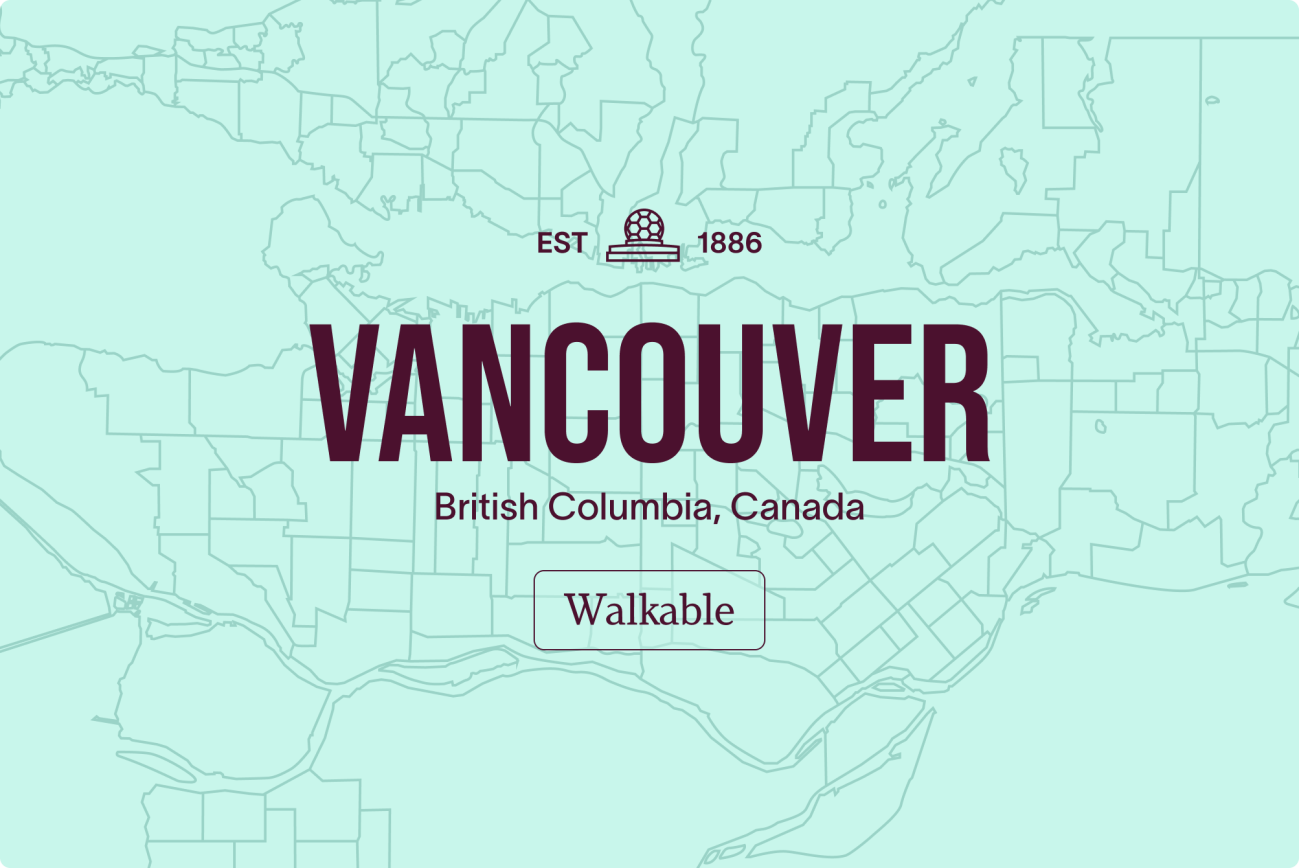Land transfer tax, also referred to as “property transfer tax,” is a fee that most buyers need to pay when they acquire a new property in Canada. This one-time fee is one of several costs paid by the buyer of a new property.
How does property transfer tax work in Canada?
When you purchase a property in Canada, you’re required to pay a property transfer tax and fill out a property transfer tax return. If your property transfer tax isn’t paid on the date it’s registered, the Land Title Office can refuse to officially register your property transfer. The amount you owe depends on the province or municipality where you bought the property. Ontario, British Columbia, Manitoba, Nova Scotia, New Brunswick and Prince Edward Island all charge their own version of a land transfer tax. The name varies across provinces as well. For example, Quebec calls it a welcome tax.. In Alberta and Saskatchewan, you don’t pay a property transfer tax, but you’ll still owe a more modest “property registration fee”.
Are annual property taxes the same as land transfer taxes?
No. Annual property taxes are not the same as land or property transfer taxes. The property or land transfer tax you pay when buying a home in Canada is a one-time fee, whereas annual property taxes are filed separately every year.
How much will my land transfer cost?
The property transfer tax (also called “land transfer” tax) is based on the fair market value or estimated value of the property on the day it is registered. Your property or land transfer costs will vary based on the city, town and province you buy in because they’re based on the marginal tax rates specific to the place. Some provinces charge both a provincial and municipal land transfer tax, while others only charge one provincial property transfer tax. For example, if you buy a property in Toronto, Ontario you could pay more than double the cost in land transfer costs than you would in Ottawa, Ontario. That’s because Toronto has an additional municipal land transfer tax, as well as the provincial requirement. Your financial advisor can help you plan for these costs, and your real estate specialist should outline the fees you’ll need to pay in the housing market you’re considering.
Take advantage of rebates and incentives for first-time homebuyers
Each area has its own municipal and provincial rebates for first-time homebuyers which can save you thousands of dollars. If you and/or your spouse have never owned a home anywhere in the world, talk to your mortgage or financial advisor to see if you qualify. Cities like Vancouver, B.C., offer full or partial exemption for some first-time buyers.
How can I avoid property transfer tax?
Each province provides specific exceptions to property transfer tax requirements. Your accountant or legal professional can help you establish whether these are relevant to you. The following exemptions are the most common scenarios in which property transfer tax is not required:
- When it’s a newly constructed home.
- When the home is transferred from a person to a related family business.
- When the home is passed down from a parent to a child or grandchild.
- When a home is transferred between spouses.
- When a farm property is transferred between members of the same family.
How do I pay my property transfer tax?
A legal professional, such as the lawyer handling your home purchase, will usually submit your tax return and property transfer payment. Each province has its own online portal and land authority to file this tax.




